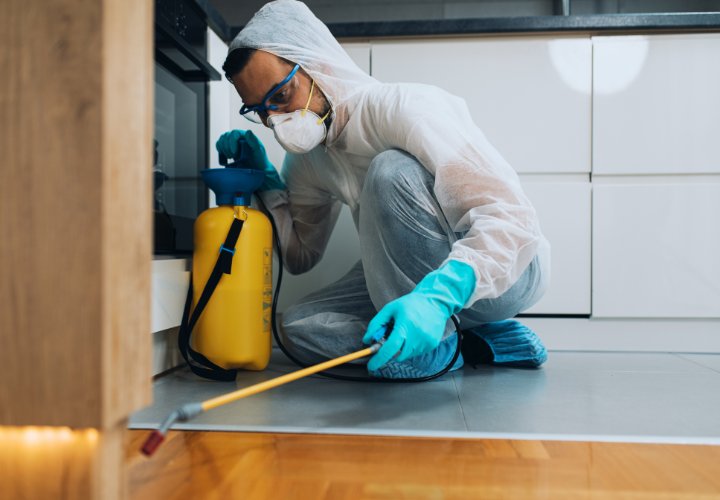The fall of oil price and the outbreak of covid-19 have brought heavy blow to the chemical industry. While a historic agreement by OPEC to cut global oil production by 10 per cent may end a protracted price war, it is not enough to offset the devastation of the pandemic. This concern continues as demand in the chemical and refined oil industries stagnates due to oversupply in the crude oil market.
Influence of nature
In the face of the crisis, major chemical suppliers are cutting capital and operating expenses. The manufacturing operations of these companies have been reduced to 40% – 60% of capacity due to labor shortage and disruption of raw material supply. In February 2020, global production of chemicals fell by 2.4%, compared with 3.9% in the Asia Pacific region. According to the National Bureau of statistics, compared with last year, China’s chemical suppliers are down about 20% and their profits are down 66%.
By category, the production of each chemical has declined. However, the production of synthetic rubber and special chemicals, such as paints and coatings, experienced a heat drop of 7.3% and 9.4% respectively. Demand for paints and coatings is falling as construction activity stops and demand from the automotive and other industrial sectors is low. Travel restrictions directly affect the demand for petrochemicals such as C4 fractions and derivatives, including butadiene, synthetic rubber and acrylonitrile butadiene styrene, which are mainly used in tires. As people travel less and countries close borders, demand for transportation and the automotive industry declines, which leads to a greater decline in demand for tires, which in turn has a huge impact on the demand for synthetic rubber.
Dealing with crisis
Despite falling demand and sharply falling prices, the chemical industry is expected to respond positively to maintain operations while ensuring labor safety. While demand for products in major industries has slowed, businesses can take advantage of the growing demand for disinfectants, preservatives and personal protective equipment. With the increasing need to prevent contamination of food, personal care and medical products, the demand for protective packaging is also increasing.
A large number of leading chemical suppliers have stepped up production of raw materials for safe products needed to limit the spread of the virus.
Companies that produce fuel grade alcohol are now producing neutral alcohol for hand sanitizers and other disinfectants.
Plastic manufacturers of sports gears are making medical shields.
Leading companies such as Dow, Huntsman and Ineos are ramping up the production of hand sanitizers.
Honeywell plans to open a new mask plant, while Solvay is working with Boeing to make masks
Given the nature of the chemical industry, manufacturing plants are labor intensive because most operations cannot be done remotely. To address concerns about social distance, companies are implementing staggered shifts and ensuring a safe distance between employees. Chemical suppliers are increasingly using technology in production areas that do not require human intervention. The implementation of automation, data science enhancement and remote control production not only reduces worker density, but also ensures more efficient operation and reduces workload. In addition, the company is actively adopting advanced digital capabilities, combining its production operations with supply chain and logistics to ensure timely delivery of its products.



